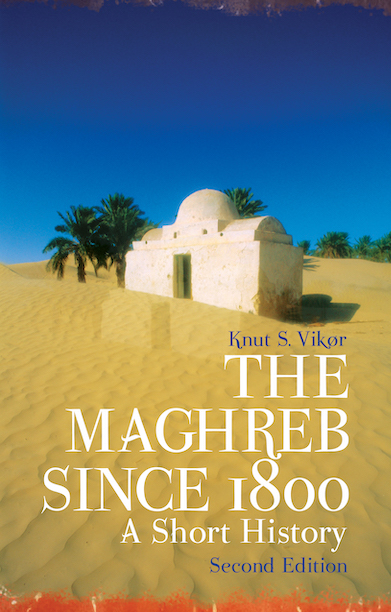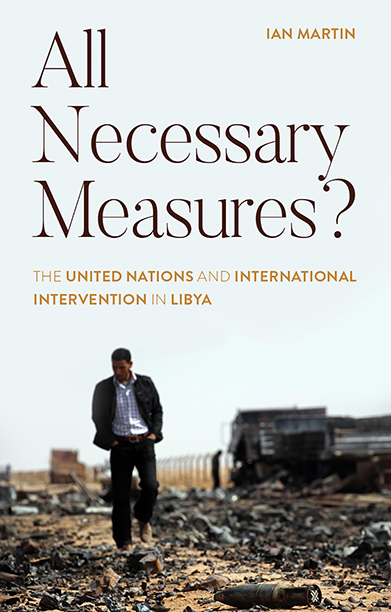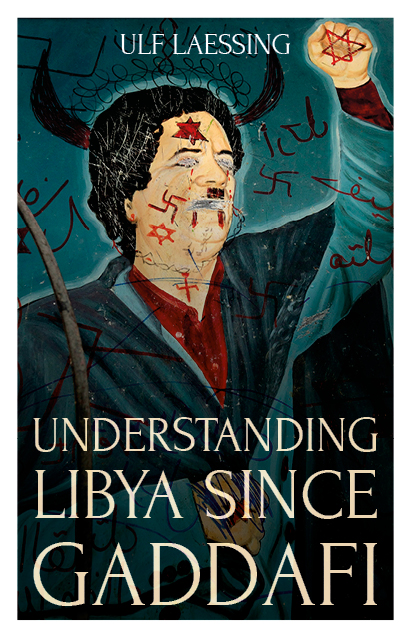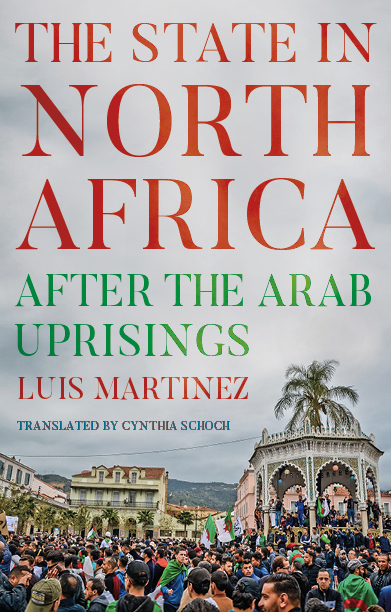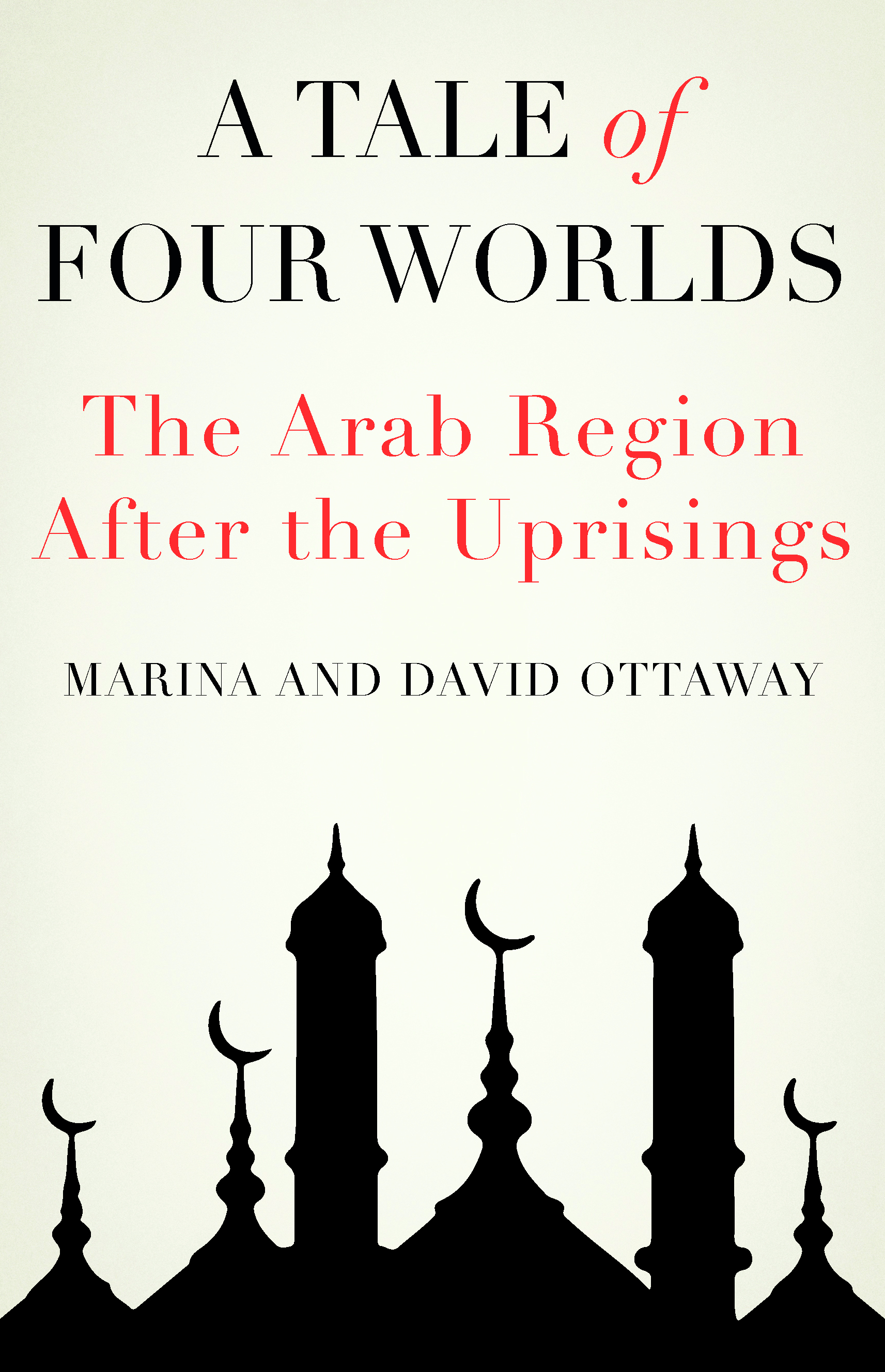Description
The Maghreb – the region that today encompasses Morocco, Algeria, Tunisia and Libya – is a region apart within the larger Muslim and Arab world. Today the focus of popular uprisings for democracy and participation, it underwent long periods of colonisation and anti-colonial nationalist resistance, both peaceful and militant. To understand the nature of today’s developments in North Africa we need fully to appreciate the tumultuous history of the region and how its four discrete countries followed different trajectories, some marked by a continuity of social and political structures in both the colonial era and as independent states, while others were marked by sharp ruptures and violent struggles. These historical differences are still visible in the current era and tell us much about the societies in question.
This short history of the Maghreb surveys its development from the coming of Islam to the present day, but with greatest emphasis on the modern period from the early nineteenth century onwards. It follows the French protectorates, Morocco and Tunisia, and how their nationalist movements forged the independent states that followed; and it chronicles the wars of resistance and liberation in Algeria and Libya, and how these conflicts also marked their independence, with a long-running civil war in the former and the recent uprising against the Gaddafi regime in the latter.
Reviews
‘A remarkable book, which meets the challenge of summarising clearly and concisely the transformations in North Africa. Essential reading for those seeking to understand the revolutions at work in the region.’ — Luis Martinez, author of The Algerian Civil War
‘This accessible and timely history of the Maghreb offers a concise, readable analysis of key events in Algeria, Libya, Morocco, and Tunisia over the last two centuries. In so doing, it provides an original and stimulating assessment of the socioeconomic and political factors that have united and divided the region. The result is a clear, balanced, and thoughtful discussion which adds insight and understanding to our knowledge of the region.’ — Ronald Bruce St John, historian of the Maghreb and author of Libya: From Colony to Revolution
‘Knut S. Vikør’s remarkable achievement is to summarise briefly but lucidly the modern history of the neighbouring but disparate states of the Arab Maghreb.This expert survey by a leading regional authority provides the essential background to an understanding of how and why the 2011 Arab Spring had such a varied impact across North Africa.’ — John Wright, former chief political commentator, BBC Arabic Service, and author of A History of Libya
‘For a long time there has been a need for a concise, accessible history of the modern Maghreb. Knut Vikør’s book meets this need perfectly with its brisk, clear narrative and wide geographic sweep. It provides an extremely useful introduction to a part of the Arab world that is unfamiliar to many.’ — Michael Willis, St Antony’s College, Oxford University, author of Politics and Power in the Maghreb: Algeria, Tunisia and Morocco from Independence to the Arab Spring
‘This admirably concise history of Muslim North Africa from the advent of European intervention is set against the wider background of thirteen centuries of Muslim rule and concludes with a succinct description of the Arab Spring in 2011. It is an excellent introduction for the general reader and the specialist alike.’ — George Joffe, Research Fellow, Department of Politics and International Studies, University of Cambridge
‘Knut Vikør’s primer in Maghrebi history from the expansion of Islam to the Arab Spring is a welcome addition to the literature.’ — James McDougall, Trinity College, University of Oxford, Oxford Journals Book Review.
Author(s)

Knut S. Vikør is Professor Emeritus of History at the University of Bergen. Among his books are Sufi and Scholar on the Desert Edge and Between God and the Sultan: A History of Islamic Law.
